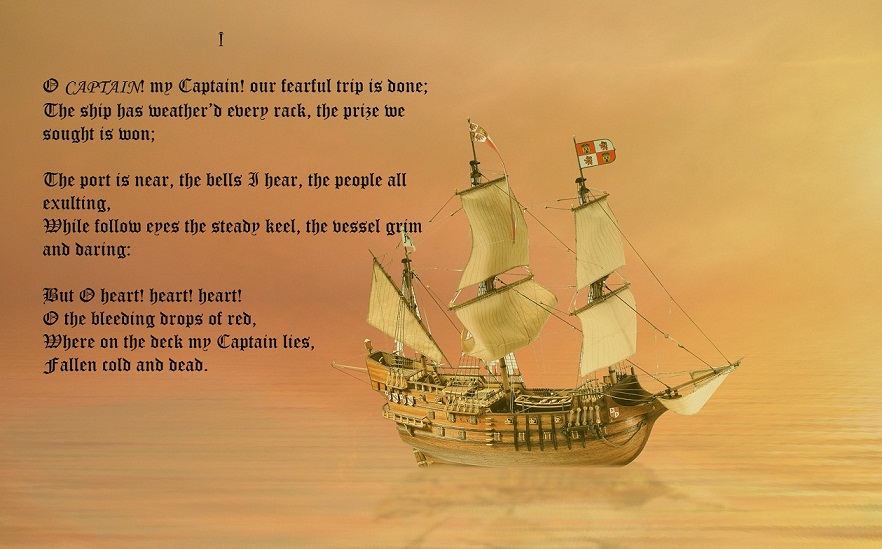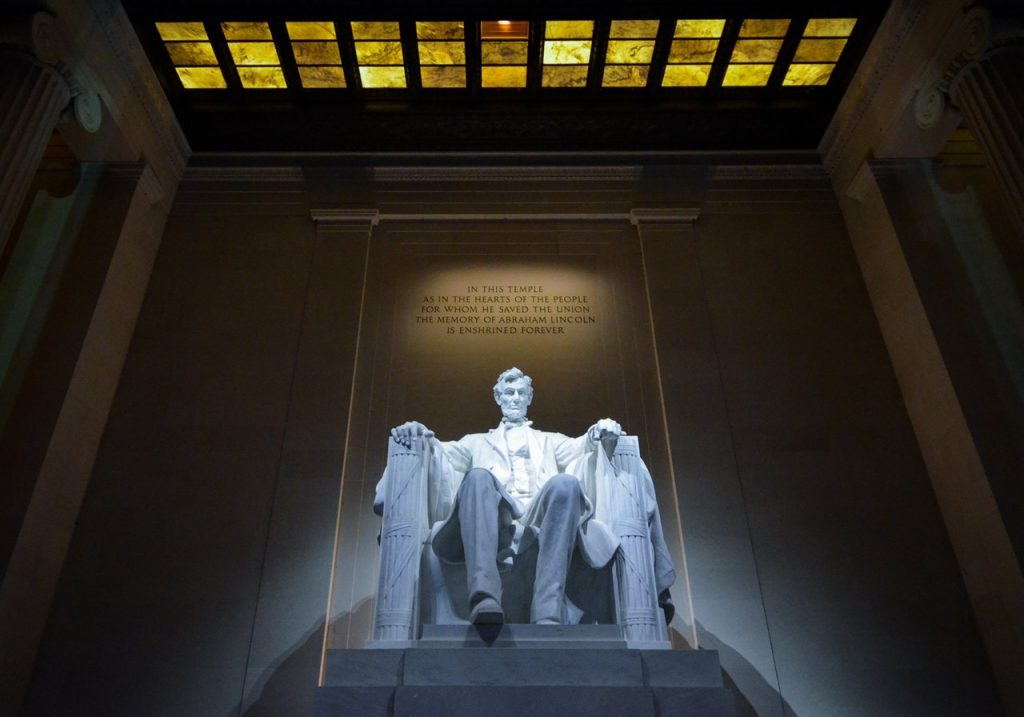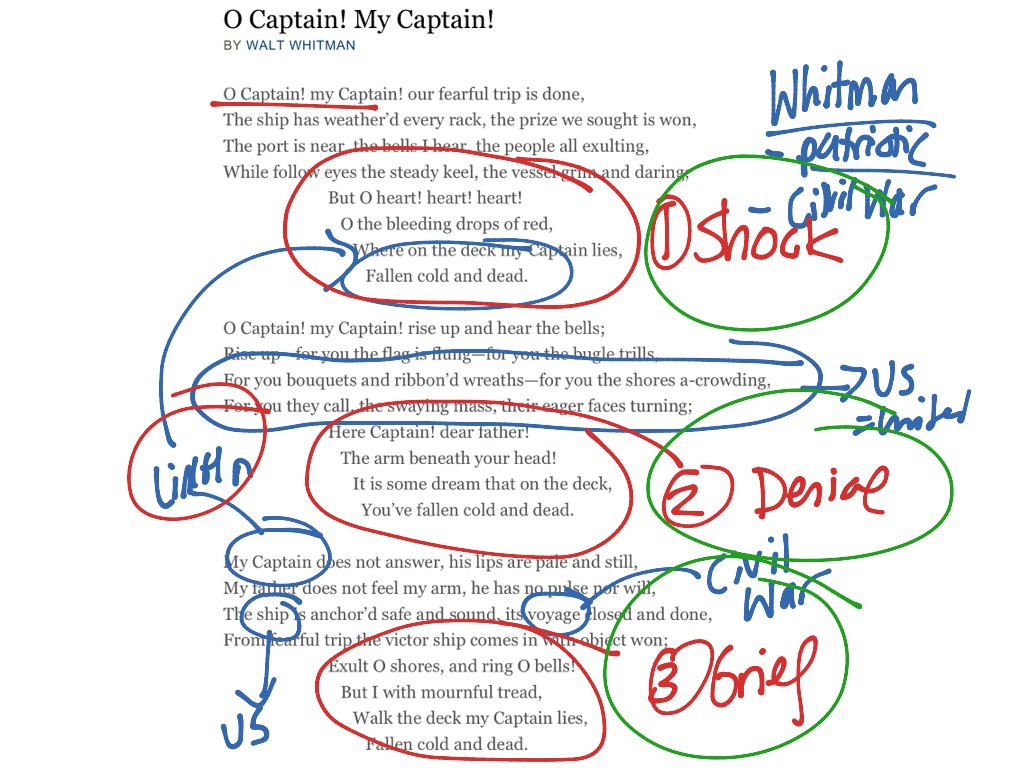In the realm of poetry, few pieces resonate as deeply as Walt Whitman's "O Captain! My Captain!" This poignant work serves as a tribute to President Abraham Lincoln, capturing the sorrow and reverence felt by a nation in mourning. Whitman's ability to intertwine personal loss with collective grief creates a powerful narrative that transcends time. The poem's emotional weight and historical context offer profound insights into the complexities of leadership and the impact of loss on society.
Whitman's poem not only reflects the deep admiration for Lincoln but also serves as a metaphor for the struggles and triumphs of a nation. The imagery and symbolism embedded in the text invite readers to explore the multifaceted relationship between a leader and their followers. As we delve into the "Captain, My Captain" analysis, we uncover layers of meaning that extend beyond the immediate context, prompting reflections on leadership, sacrifice, and the human experience.
Through this analysis, we will dissect the poem's themes, structure, and language, providing a comprehensive understanding of Whitman's intentions. By examining the historical backdrop of the poem and its lasting legacy, we aim to appreciate the artistry behind "O Captain! My Captain!" and its significance in American literature and culture.
Read also:Blonde Phantom A Marvelous Tale From The Golden Age Of Comics
What is the Historical Context of "O Captain! My Captain!"?
Understanding the historical context of Whitman's poem is crucial to grasping its significance. Written in the aftermath of Lincoln's assassination in 1865, the poem reflects the national grief that followed the loss of a beloved leader. Lincoln's presidency was marked by the Civil War, a tumultuous period that tested the very fabric of the nation. Whitman's close association with the events of his time adds a personal touch to the poem, as he witnessed the impact of Lincoln's leadership on the American populace.
How Does Whitman Use Imagery and Symbolism?
Whitman's use of vivid imagery and symbolism enhances the emotional resonance of "O Captain! My Captain!" The captain symbolizes Lincoln, while the ship represents the United States. The poem opens with a celebratory tone, describing the ship's successful voyage, only to shift dramatically into mourning with the captain's death. This juxtaposition underscores the duality of triumph and tragedy, inviting readers to reflect on the complexities of leadership.
What Themes Are Explored in the Poem?
- Grief and Mourning: The emotional turmoil experienced by the speaker reflects the collective sorrow of the nation.
- Leadership: The poem examines the weight of leadership and the sacrifices made by those in power.
- Patriotism: The deep love for one's country is evident in the speaker's lament for the fallen captain.
- Hope and Resilience: Despite the tragedy, the poem hints at the possibility of moving forward as a nation.
What is the Structure of "O Captain! My Captain!"?
The poem is structured as a three-stanza work, with each stanza consisting of a varying number of lines. The consistent rhyme scheme and rhythmic meter contribute to its lyrical quality, making it memorable and impactful. The repetition of key phrases emphasizes the speaker's emotional state, allowing readers to feel the intensity of the grief being expressed. Whitman's deliberate choices in structure enhance the poem's overall message and emotional depth.
How Does the Speaker's Perspective Evolve?
The speaker in "O Captain! My Captain!" undergoes a significant transformation throughout the poem. Initially, the speaker expresses joy and celebration, only to be confronted with the harsh reality of loss. This shift in tone mirrors the collective experience of the nation, moving from hope to despair. As the speaker grapples with the captain's death, the evolution of their perspective highlights the profound impact of leadership on the lives of individuals and communities.
What Legacy Does "O Captain! My Captain!" Leave Behind?
The legacy of "O Captain! My Captain!" endures through its continued relevance in discussions about leadership, sacrifice, and national identity. Whitman's poignant tribute to Lincoln has inspired countless interpretations and adaptations, solidifying its place in American literature. The poem's ability to evoke deep emotions and provoke thought ensures that it remains a vital part of the cultural conversation surrounding leadership and the complexities of human experience.
How Does "Captain, My Captain" Resonate Today?
Even today, "O Captain! My Captain!" resonates with those who seek to understand the intricacies of leadership and the weight of responsibility. The themes of grief and resilience are universal, transcending the historical context of Lincoln's presidency. In times of crisis, the poem serves as a reminder of the importance of strong leadership and the sacrifices made by those who lead. As we reflect on the burdens carried by leaders, Whitman's work continues to inspire and provoke thought.
Read also:All About Carrie Underwoods Husband Insights And Facts
Conclusion: What Can We Learn from "O Captain! My Captain!"?
In conclusion, the "Captain, My Captain" analysis reveals the profound emotional and historical significance of Whitman's poignant tribute to Abraham Lincoln. Through its exploration of themes such as grief, leadership, and patriotism, the poem offers valuable insights into the human experience. As we navigate our own journeys of leadership and loss, the lessons embedded in "O Captain! My Captain!" remind us of the enduring power of art to reflect and shape our understanding of life.


